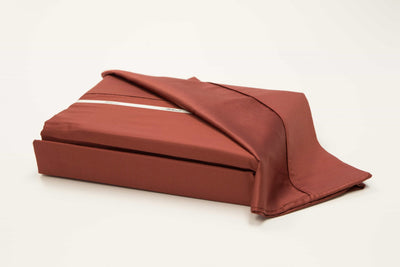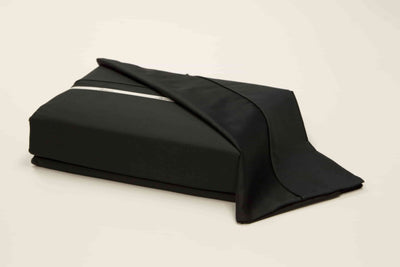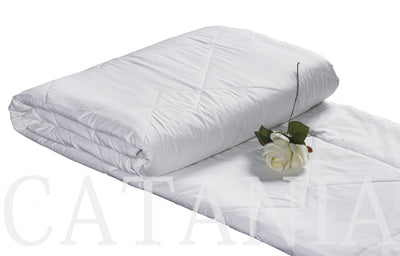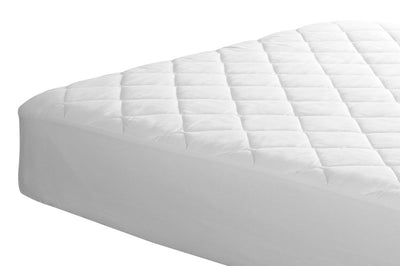How Important is Thread Count when choosing between bedsheets?
The idea of a thread count has been used as the gold standard for consumers in determining the quality of sheets. Thread count refers to the number of vertical and horizontal threads in a square inch of fabric. So sheets with a 300 thread count can have 150 horizontal strands, and 150 vertical strands. The generally accepted consensus is that a higher thread count implies a softer sheet, or a higher quality. When shopping for sheets, thread count is usually the most emphasized number on any bedsheet packaging. Because of this, it’s very tempting for a consumer to pick bedsheets with a higher thread count and a lower price.
So does that mean sheets with a higher thread count are better quality?
Not exactly. There are many cheap sheets on the market with a high thread count and a low price. Sometimes 1000 thread count sheets might end up feeling like sand paper, while 300 thread count sheets feel amazingly soft and durable. It is also known that some manufacturers and retailers manipulate thread count as well. For example, a manufacturer might use multi-ply threads, in which two very thin strands are spun together into one. Thus, when the thread is being counted, each strand counts as two. This technically doubles the thread count.
The key differentiating factor when comparing sheet sets are the fibers used. Most designers typically recommend buying sheets made from 100% organic cotton. However, there are fibers from other plants that have been known to produce soft and higher quality sheets. Examples of higher quality materials to look out for include Egyptian Cotton, Combed Cotton, Eucalyptus Fibres, and Rayon from Bamboo. Of these materials, Egyptian Cotton is used as the gold standard for luxury sheets. Cotton tends to feel softer, and wicks moisture away. This keeps sleepers warmer in cooler weather, and cooler in warmer weather. Newer sheets from Bamboo and fibres from Eucalyptus trees have also been known to be insanely soft while being durable.
Examples of lower quality materials include polyesters and microfibers. These are more artificial materials. Usually these sheets can boast of incredibly high thread counts for a cheaper price. However, these sheets tend to feel less soft and comfortable. Polyester tends to trap moisture and heat, leading to uncomfortable sleeping conditions. However, high thread count polyester sheets have been known to be durable.
In the end, thread count still matters. It is an efficient, quantifiable method of determining one sheet set quality from another. However, it should only be used to compare sheets made from similar material. A 1000 thread count microfiber bedsheet set will not be on the same level as one made from 400 thread count Egyptian Cotton. Typically, anything above 200 thread count should be fine. After that, the quality of the sheets depends on the material used. If you’re expecting to spend eight hours a day in your bed, it’s important to do your research when determining the best bedsheets to use!







